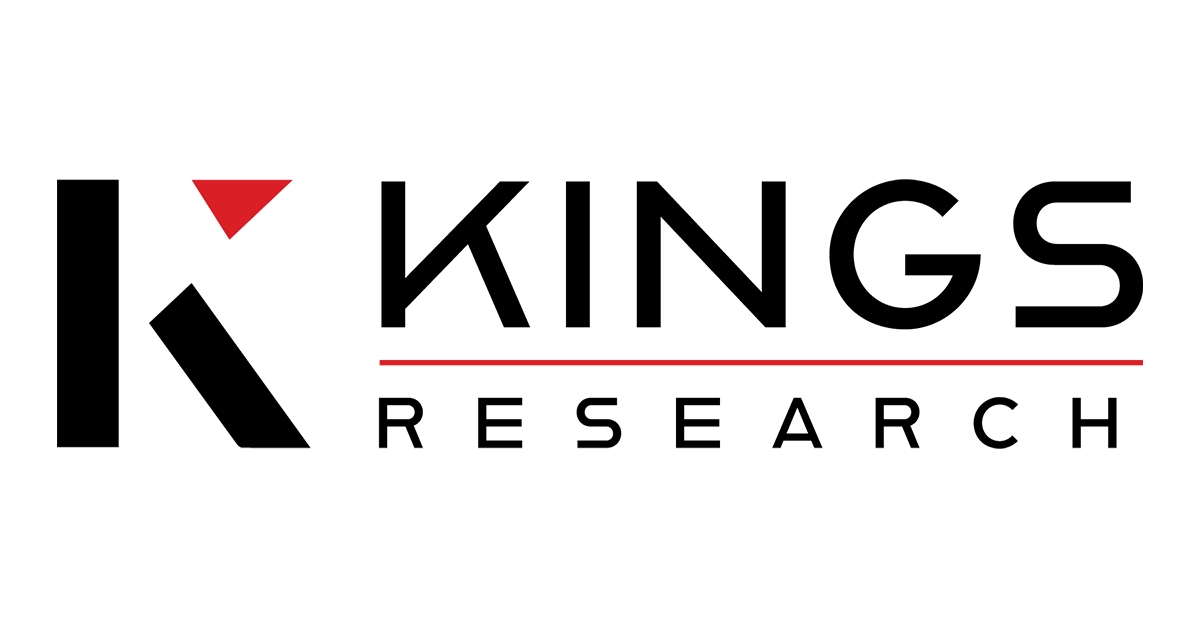Aerospace, Automotive, and Electronics: End‑User Thermal Demand Outlook

The global thermal management market size was valued at USD 11.53 billion in 2024 and is projected to grow from USD 12.49 billion in 2025 to USD 23.32 billion by 2032, exhibiting a CAGR of 9.33% during the forecast period.
Thermal Management Market Overview (2025–2032)
- The Thermal Management Market is witnessing strong growth driven by the need for efficient heat dissipation in electronics, automotive, data centers, and industrial systems.
- Increased demand is fueled by the miniaturization of electronic components, rise in electric vehicle adoption, and technological advancements in AI, IoT, and 5G.
- The market is undergoing a significant transformation through innovations in advanced materials, smart cooling systems, and eco-friendly technologies.
Key Market Drivers
- Miniaturization and Power Density: Compact and high-performance electronic devices are producing more heat, necessitating advanced cooling systems.
- Growth in EV Adoption: The rise in electric vehicles globally is driving demand for sophisticated thermal management for batteries and power electronics.
- Expansion of Data Centers and Telecom Infrastructure: Rapid digitalization and cloud computing require efficient thermal control to maintain server performance.
- Energy Efficiency Regulations: Stricter government regulations are pushing industries to adopt energy-saving and sustainable thermal solutions.
- 5G and Edge Computing: Increased heat generation from telecom equipment is accelerating demand for efficient cooling technologies.
Market Dynamics
- Technological Innovation: Developments in nanomaterials, phase-change materials (PCMs), and vapor chambers are reshaping the industry.
- Smart Thermal Systems: Integration of IoT sensors and AI for real-time thermal monitoring and adaptive control is gaining momentum.
- Sustainability Focus: Growing use of environmentally friendly materials and low-GWP (Global Warming Potential) refrigerants.
- Industry Collaboration: Partnerships between electronics, automotive, and material science companies to enhance product integration and functionality.
Unlock Key Growth Opportunities: https://www.kingsresearch.com/thermal-management-market-2529
List of Key Companies in Thermal Management Market:
- Gentherm
- LG Chem, Ltd
- MAHLE GmbH
- Hanon Systems
- Continental AG
- Modine
- Robert Bosch GmbH
- VOSS Automotive, Inc.
- Honeywell International Inc.
- BorgWarner Inc.
- DENSO CORPORATION
- Dana Limited
- Boyd
- Laird Technologies, Inc.
- Advanced Cooling Technologies, Inc.
Segmentation Overview
By Component:
- Hardware (heat sinks, heat spreaders, fans, thermal interface materials)
- Software (thermal simulation and modeling tools)
- Services (consultation, installation, maintenance)
By Device:
- Active (fans, blowers, pumps)
- Passive (heat pipes, vapor chambers, PCMs)
- Hybrid (combined active-passive systems)
By Cooling Method:
- Air Cooling (low-cost, commonly used)
- Liquid Cooling (superior heat transfer, gaining traction)
- Hybrid Cooling (adaptive and efficient)
By Application:
- Consumer Electronics (smartphones, laptops, gaming systems)
- Automotive (EV batteries, engine control systems)
- Aerospace & Defense (avionics, satellites)
- Healthcare (medical imaging, surgical equipment)
- Telecommunications (network infrastructure)
- Industrial Equipment (automation, robotics)
Key Trends
- R&D in Thermal Materials: Use of graphene and carbon-based composites for ultra-high thermal conductivity.
- Compact Cooling Designs: Miniaturized cooling systems for wearables and mobile devices.
- AI-Driven Thermal Management: Predictive systems improving performance and energy efficiency.
- Growth in Liquid Cooling: Adoption in high-density computing, gaming systems, and EVs.
- Focus on Modular Systems: Scalable and customizable cooling platforms across sectors.
Regional Analysis
North America:
- Strong presence of major tech firms and EV manufacturers.
- High R&D investments and early adoption of innovative solutions.
Europe:
- Increasing demand in automotive, aerospace, and smart manufacturing sectors.
- Focus on energy efficiency and environmental compliance.
Asia-Pacific:
- Fastest-growing market due to consumer electronics and EV boom in China, Japan, South Korea, and India.
- Government initiatives supporting domestic manufacturing and digital infrastructure.
Middle East & Africa / Latin America:
- Emerging markets showing growth in telecom, renewable energy, and industrialization.
- Increasing investment in smart infrastructure and transportation.
Future Outlook
- The market is expected to grow consistently through 2032, driven by increased demand for energy-efficient and compact thermal solutions.
- Emphasis will continue to shift toward sustainable and smart cooling systems that enhance performance while reducing carbon impact.
- Continued integration of AI and sensor technologies will push the industry toward predictive and autonomous thermal control.
- Cross-industry collaboration will be crucial to developing next-generation solutions tailored for specific applications and environmental conditions.
Browse Related Article:
ZeroOps: Is the Future of IT Truly No-Code and Fully Autonomous?
Soft Robots in Precision Manufacturing: Japan’s Competitive Edge
The Dark Side of LLMs: How Generative AI Is Fueling Sophisticated Social Engineering
- Art
- Causes
- Crafts
- Dance
- Drinks
- Film
- Fitness
- Food
- Spellen
- Gardening
- Health
- Home
- Literature
- Music
- Networking
- Other
- Party
- Religion
- Shopping
- Sports
- Theater
- Wellness

